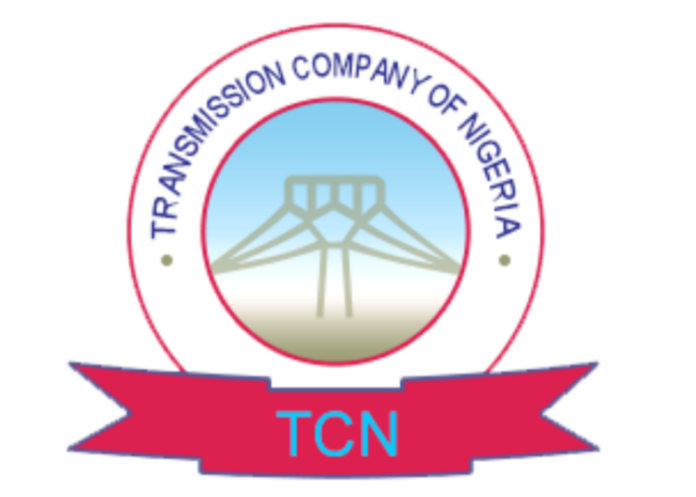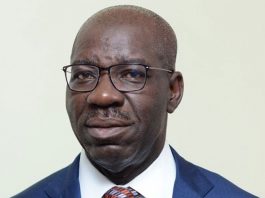The Transmission Company of Nigeria (TCN) has attributed Thursday’s disturbance on the national grid to a sudden surge in frequency, which rose from 50.33Hz to 51.44Hz.
The incident reportedly occurred around 11:20 a.m., temporarily affecting power supply to several regions.
TCN disclosed that recovery efforts began immediately, with power restored to the Abuja area within 28 minutes. Restoration in other affected locations, however, remains ongoing as repairs are carried out.
In an official statement, TCN clarified that the frequency spike originated from a complication at one of its substations, leading to an emergency shutdown to prevent further disruptions.
“The frequency spike was caused by issues encountered at one of TCN’s substations, which had to be shut down to prevent further complications,” the company explained.
As part of its response, TCN has also accelerated ongoing repair work on essential transmission infrastructure, including the 330kV lines along the Shiroro–Mando route and major upgrades at the Jebba Transmission Substation. Efforts are also underway to restore the second Ugwuaji–Apir 330kV line.
Additionally, the TCN stated that it is implementing recommendations from an investigative report into previous grid collapses to address system weaknesses.
“Following the submission of the investigative report on the causes of previous grid collapses, we have begun addressing the identified weaknesses in the transmission system,” the company stated.
The TCN acknowledged that while these critical repairs and upgrades continue, intermittent instability might persist until completion.




